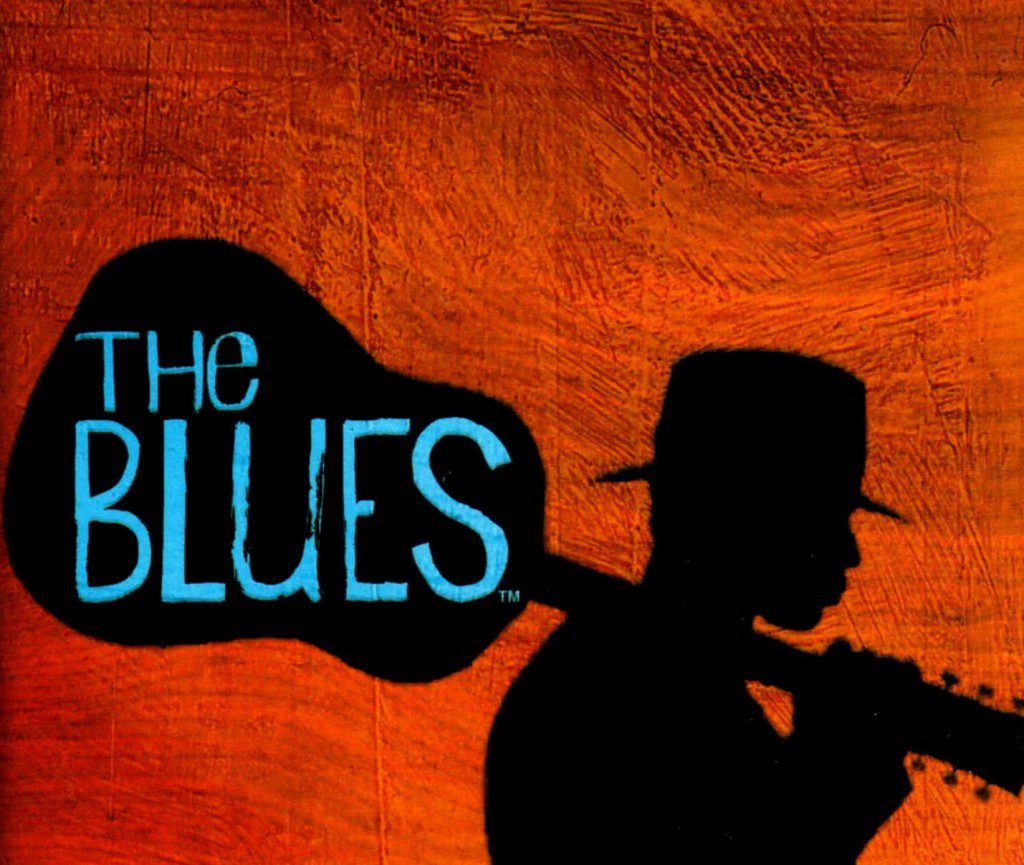Wipe your tears,don't get the blues

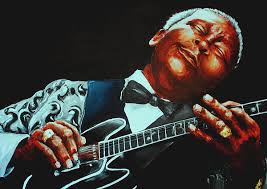

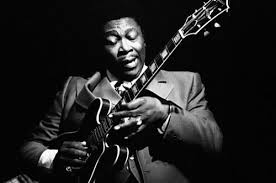
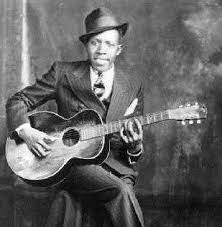
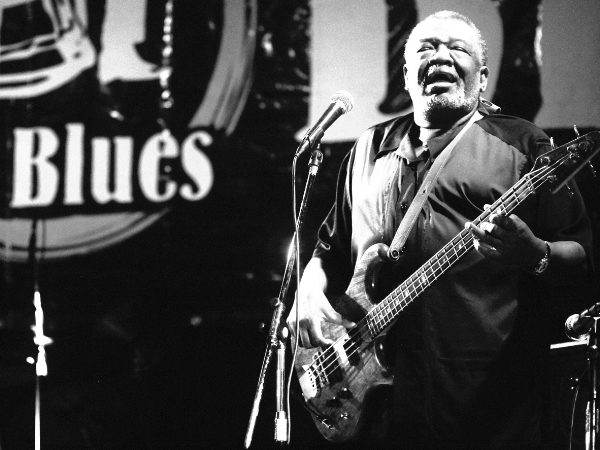
Once again we created it ! Blues was birthed in the south in the early 19th century, not too long after the ending of slavery in America. Coincidence ? I think not. Blues reached a peak in the 1960’s with the development of its expressive forms; the genre is often references to as on of the most important in our country as it influenced many popular genres that followed after. Many African traditions can be found within the genre of blues including the call-and-response pattern of the stanzas and the instrumental imitation of vocal idioms; most commonly heard with the guitar and harmonica. Like many of the other genres that emereged in the era of slavery, blues has poor documentation of history. It is known, however, that the sound is influenced by work songs, minstrel show music, ragtime, and negro spirtuals. Blues was often played by black men who, in more times than not, worked in the agricultural fields prior to. The earliest references to the genre was in the early 20th century; it was 1912 the year W.C. Handy published his composition of “Memphis Blues”. It was in the 1920’s that blak women took the stage. Women such as Mamie Smith, Ma Rainey, Ida Cox and Bessie Smith were often backed by jazz bands and were referenced to as singers of “classic” blues. When the Great Depression hit in 1929, many blacks moved up north to find work, and they took jazz with them. Adapting to their new urban environments, blues began to shift in sound as pianist and drums joined the scene; but the sound of the south is still recognized as the original and classic sound of the genre. A few notable artists that derived from blues include: Aretha Franklin, Muddy Waters, and Jimi Hendrix.

